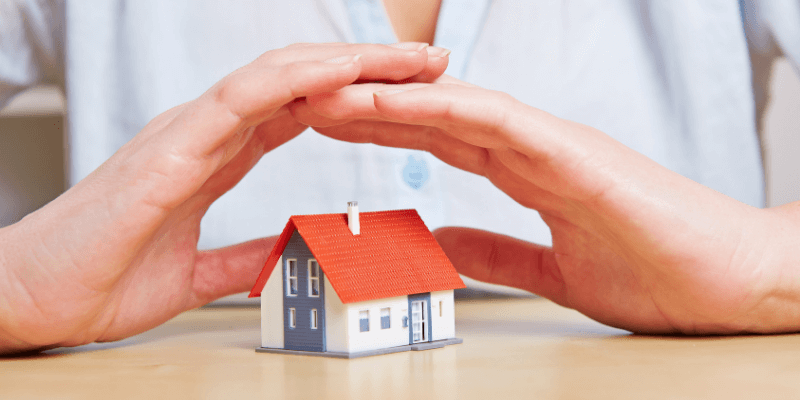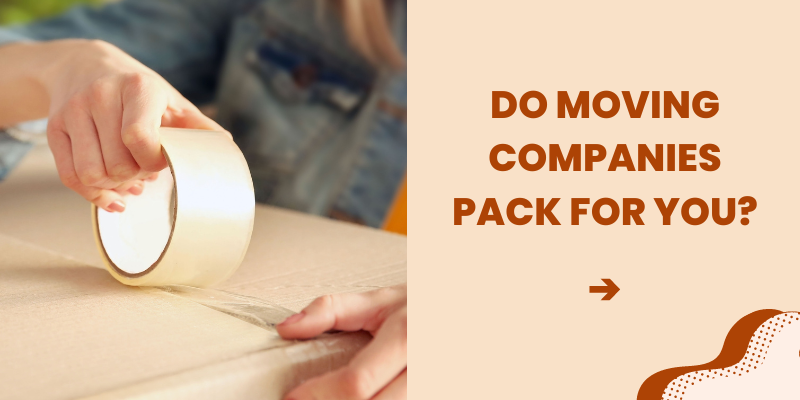Is your house or apartment as safe as it can possibly be? As important as stocking your kitchen cupboards with pots and pans, equipping your home with safety items will help keep you, your property, and your possessions safe. Your safest bet is to be prepared for any unexpected accidents, mishaps or disasters around your home.
The following is a list of 9 safety must-haves around your home that will ensure to keep you and your family protected from any harm.
1. Smoke Detector / Carbon Monoxide Alarm
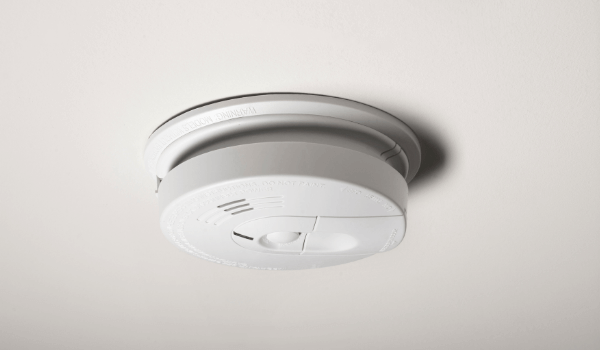
The smell of smoke or the heat from a fire will not wake you or your family. In fact, the loss of oxygen in a room will put you into deeper sleep. Make sure to have working smoke detectors that will alert you to when a fire starts, not when the smoke takes over your home.
The best smoke detectors are those that double as a carbon monoxide alarm. Carbon monoxide is an odorless gas that is very harmful and takes the lives of over 400 people each year and sends 50,000 people to the emergency room for CO poisoning.
It’s important to have one in the kitchen, the bedrooms, hallways and the living room, as fires can start anywhere in the home. Do not ever remove the batteries, take out or disable the detector for any reason, except to replace it. Check the batteries twice a year, during the Spring and Fall time change.
2. Fire Extinguisher
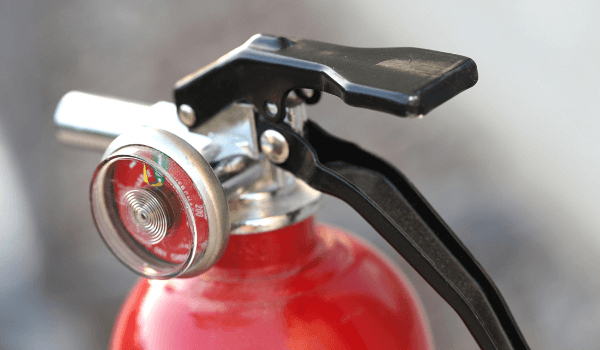
Fires can start unexpectedly and spread quickly throughout your home. This is why it is vital to have the right type of fire extinguisher on hand with the knowledge of how to use it properly. This advice could save your home and your life from a devastating fire.
There are many different types of fire extinguishers on the market for many different types of fires. To cover all your bases, a type ABC fire extinguisher at 50-foot intervals is the best to use during any home fire. Be sure to place one in the kitchen, in the garage or carport and on every floor, if your home has more than one level.
3. First-Aid Kit
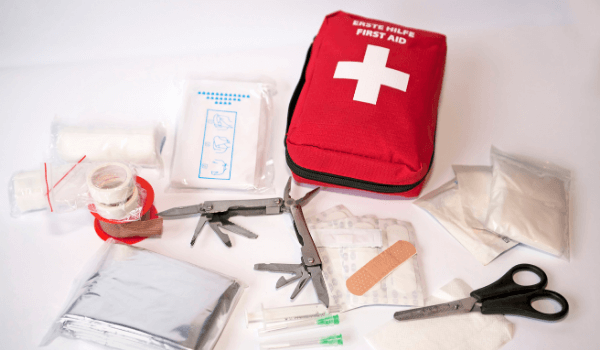
It goes without saying that you should have a fully stocked first-aid kit around your home. Things like minor cuts, stings, and burns happen as part of everyday life. Failure to disinfect and cover a small wound, however, may turn it into a nasty infection.
A complete first-aid kit filled with bandages and gauze pads in assorted sizes, eye wash solution, cold packs, scissors, tweezers and adhesive tape (to list a few) could be a life saver. Basic family kits are readily available at most drug, hardware and box stores. And remember, when tending a wound, always use sterile gloves to protect the wound and protect yourself from bodily fluid exposure.
4. Flashlight
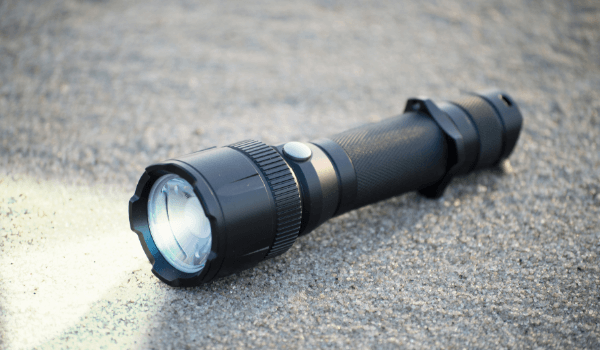
This is a simple one, but often people are caught off guard during a power failure. Not being able to see your way around your home during a blackout is dangerous. If you’re trying to light candles or ignite a propane lantern when you can’t see what you are doing, it’s easy to burn yourself or cause a fire.
Be sure you have a good flashlight or two handy with plenty of extra batteries. Keep one by your bedside and one by the main entrance of your home in case of power outage. Also, check and rotate batteries in the flashlights periodically to ensure they are always fresh and you’re never left in the dark.
5. Disaster Kit
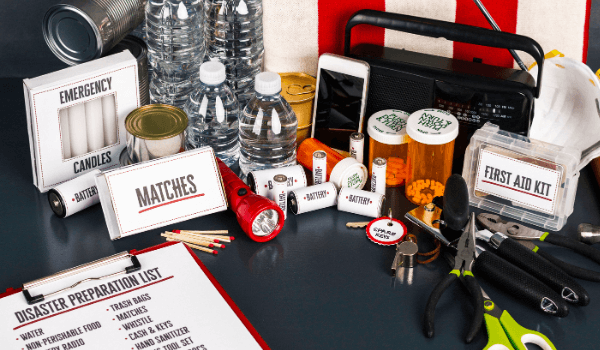
If by now you don’t think an emergency can happen to you, then you might be in for an unfortunate surprise. Disasters can happen to anyone and at any time. The purpose of a disaster kit is to ensure the safety and survival of you and your family regardless of anything that may happen.
Emergencies can take the form of a natural disaster, such as hurricanes, tornadoes, landslides, earthquakes or from man-made causes, such as forest fires and gas explosions. Most of the time though, emergencies happen on a much smaller scale. Regardless of the situation, the price you pay for an emergency kit is nothing compared to the cost of facing an emergency without one.
6. Water
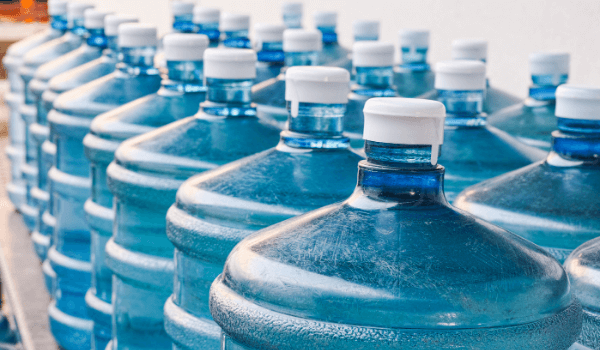
We can not stress enough how important it is to always have a stockpile of water in your home. Clean water is one of the most important elements to survival during a disaster. You never know when your water supply could be unexpectedly shut off or deemed contaminated.
When disaster strikes, it will be too late to be elbowing your neighbors out of the way in the supermarket to purchase a few cases. Stay prepared by always having an adequate supply on hand. Be sure to rotate your stockpile so you always have fresh water when in need.
7. Posted Emergency and Contact Information

You never know what might happen to your family when you’re not in your home. Maybe, something happened that incapacitated you personally. The readily available information and a good contact list could prove to be helpful for family members, babysitters, guests, or anyone who might end up in your home.
Find an easily visible and accessible place in your home to post the list, like your kitchen or next to the front door. Your posted list should include local police, fire department, your physicians as well as your local poison controls contact numbers. Also include the numbers of friends or relatives and any health insurance or personal information deemed necessary.
8. Good Locks and Deadbolts

Don’t wait until your home gets broken into to learn why you should upgrade your deadbolts and locks. Traditional locks don’t always protect from lock-pickers, doors being kicked in, or other forced entry. One of the best and most effective ways of securing a door is to use a deadbolt.
Deadbolts are low-cost and an excellent addition to the security system of your house. They are a kind of lock characterized by a hardened steel bolt that is extended into the strike plate of a doorframe. These kinds of locks are difficult to pick and offer superior protection over standard handle locks.
9. Home Security System
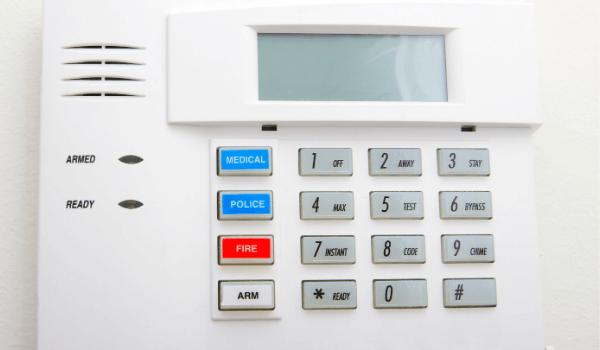
Home burglaries can happen to anyone, with damaging effects to your finances and mental state. The benefits of installing a home security system are numerous and should be given consideration. From safeguarding against break-ins to calling emergency responders on your behalf, every home should have a security system in place.
Security systems equipped with CCTV cameras are some of the modern pieces of home safety equipment on the market. These devices are capable of video recording, which lets you record the happenings around your home in your absence. They are extremely effective when you are planning to leave your home for a long vacation.
